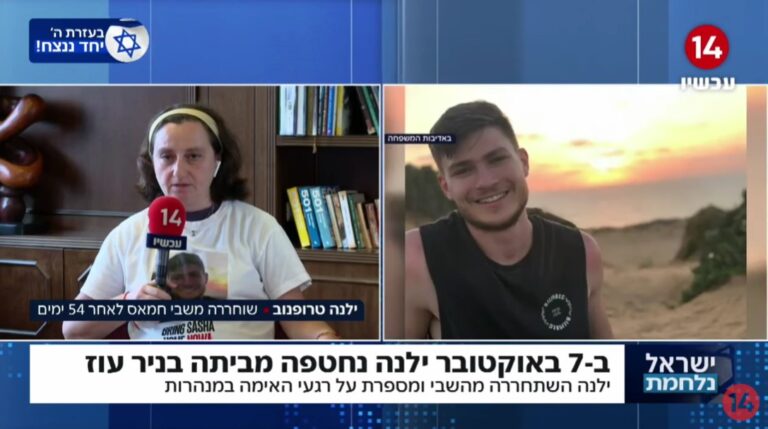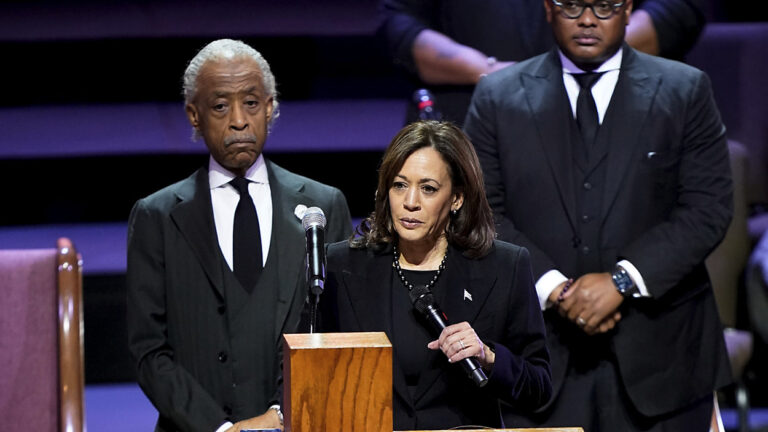Dating within the framework of Jewish law, known as halacha, is a unique process with deep roots in tradition. Unlike secular dating customs, halachic practices are derived from ancient texts and rabbinic interpretations that outline appropriate behaviors and steps individuals should follow while seeking a marital partner. The complexities of these practices reflect a broader dialogue within the Jewish community that balances the sacred with the realities of modern relationships.
For those well-acquainted with Jewish customs, this approach to dating is a familiar aspect of communal life, reflecting a continuum of practices that honor the past while engaging with the present. Understanding this process offers a window into the values and historical continuity that shape Jewish social interactions for those less familiar.
The halachic system provides a structure that guides individuals through the dating process, intending to create stable, enduring marriages. This includes considerations regarding the behavior between individuals during the dating phase, the expectations for meetings, and the specific rituals leading up to the engagement and marriage. With a basis in texts such as the Talmud and various rabbinic writings, these rules have evolved to adapt to contemporary challenges while aiming to maintain the integrity of the traditional Jewish family unit.
Key Takeaways
-
Halachic dating practices are rooted in Jewish law and differ from secular customs.
-
These practices are designed to promote stable, long-term relationships.
-
They adapt to modern contexts while staying true to traditional values.
Biblical Foundations
Jewish dating and marriage practices are deeply rooted in the traditions and laws presented in the Torah. Here, foundational principles dictate the creation of partnerships and the intricacies of marital laws, both still influential to contemporary Jewish life.
Creation of Partnerships
In the Book of Genesis, the concept of partnership is introduced with Adam and Eve. The Torah states, “It is not good for man to be alone; I will make a fitting helper for him” (Genesis 2:18). From this, the Jewish tradition understands the importance of finding a companion and the inherent value of a supportive and nurturing relationship.
Marriage Laws in the Torah
The Torah provides explicit guidelines for marriage. In Deuteronomy (24:1-4), it stipulates the process for entering and dissolving marriages, including the use of a written document for divorce, known as a get. (שמות 21:10) outlines the husband’s responsibilities to his wife, emphasizing the need for provision, clothing, and marital rights.
-
Key responsibilities of a husband:
-
Provide food and sustenance.
-
Supply clothing.
-
Uphold conjugal rights.
The importance of these laws extends beyond the practicalities of marriage, highlighting the commitment and obligations essential in a halachic partnership.
Key Takeaway: The Torah sets forth principles for creating partnerships and delineates explicit marriage laws that still guide contemporary Jewish practice.
Talmudic Interpretations
Talmudic interpretations are critical in understanding the halachic perspectives on various aspects of Jewish life, including dating practices. These interpretations often rely on the discussions of Rabbinical authorities and their readings of scriptural texts to guide the faithful in adhering to Jewish law.
Rabbinical Discussions
Rabbis have long debated the intricacies of Halacha through Talmudic logic to establish guidelines that draw from Jewish tradition and scriptures. They dissect passages from the Torah and Talmud, seeking to elucidate God’s relationship commandments. A primary focus of these discussions is how one conducts oneself in pursuing a marital partner. Directly related to dating, the proper conduct one must maintain during this significant time parallels closely with the intent behind Rabbinical discourse.
-
Appropriate Behavior: How individuals interact with one another pre-marriage
-
Community Expectations: These discussions set the tone for what is acceptable within the community
Dating Before Marriage
The stage of dating before marriage is approached with caution and respect in Jewish law. Dating is a serious step towards finding a suitable marriage partner, not merely a casual or recreational activity.
-
Intentionality: One should enter dating with the direct intent of finding a spouse.
-
Honesty: Being truthful with oneself and others is paramount in this process.
Rabbinical discussions often serve as the backbone for establishing appropriate behavior during the pre-marital phase. These debates provide a nuanced understanding of the ethical and social expectations clear in the Talmudic tradition.
Key takeaway: Talmudic interpretations frame dating as a purposeful journey towards marriage, requiring honest intentions and adherence to communal ethics.
Modern Implementation
In exploring the nuances of modern Halachic dating practices, we delve into the roles and guidelines that shape contemporary Jewish courtship. The focus here is on applying these age-old traditions in today’s society.
The Role of the Matchmaker
The matchmaker, or shadchan, remains integral in modern Halachic dating, facilitating introductions between potential partners. They work within the community, considering personal backgrounds, values, and life goals, ensuring a compatible match. Often, the involvement of a shadchan can help navigate the complexities of Halachic requirements and social expectations.
-
Key Takeaway: Matchmakers serve as crucial intermediaries, aligning the union with the community’s Halachic standards.
Pre-Marriage Meetings
Halachic tradition prescribes structured pre-marriage meetings, or b’shows, for couples to meet and interact within permissible bounds. These encounters are typically brief and focused, with open communication about life visions and religious observance.
-
Direct Communication: It’s about open and honest dialogue.
-
Modesty and Respect: Meetings occur in a respectful setting that aligns with Halachic prescriptions for conduct.
-
Key Takeaway: Pre-marriage meetings emphasize intentional conversation, laying a foundation for a future built on shared values and religious commitment.
Community Practices
Each community may have its unique customs, but typically, a communal ethos guides Halachic dating practices:
-
Shared Expectations: Communities often have unwritten but commonly understood guidelines.
-
Social Gatherings: They provide safe spaces for potential matches to meet, always within the bounds of Halachic propriety.
-
Community Support: There’s a strong emphasis on community involvement to support couples throughout the dating process.
-
Key Takeaway: Community practices play a supportive and regulatory role, ensuring that dating procedures uphold the Halachic standards while reflecting the community’s character.
Frequently Asked Questions
In exploring Orthodox Jewish dating customs, these FAQs touch on traditional practices, guidelines, and steps in the religious courtship process, providing clarity for those unfamiliar with or newly exploring Jewish dating customs.
What are traditional Jewish courtship practices?
Traditional Jewish courtship practices are rooted in a focus on marriage and family. A central practice includes the “shidduch” process, where a matchmaker, or “shadchan,” proposes potential matches based on compatible values, personalities, and life goals.
What guidelines are typically followed in Orthodox Jewish dating?
In Orthodox Jewish dating, guidelines are in place to maintain modesty and respect. Physical contact is often minimal or non-existent before marriage, and conversations typically explore shared interests, values, and religious practices. Dates take place in public settings and are serious in nature, with the intent of assessing marriage compatibility.
What is the typical duration of the dating period before marriage in Orthodox Jewish communities?
The duration of the dating period before marriage in Orthodox Jewish communities can vary. Some couples may decide to get married after a few months, while others may date for a longer period. The focus remains on making a deliberate and thoughtful decision about marriage.
What steps are involved in the shidduch, or matchmaking process, within Jewish tradition?
The shidduch process begins with the matchmaker’s suggestion of a potential match. After researching and agreeing to meet, the couple goes on dates to discern their suitability for marriage. If they’re a good match, the process moves forward with engagement and marriage. Key takeaway: The matchmaker plays a pivotal role in facilitating successful Jewish marriages.
What activities are appropriate for a shidduch date?
Activities on a shidduch date often include talking over a meal at a kosher restaurant, taking a walk in a public park, or participating in a community event. These settings help the couple focus on dialogue and mutual understanding without physical distractions.
What should one expect when dating someone from a Jewish cultural or religious background?
When dating someone from a Jewish cultural or religious background, one should expect dates to align with Jewish customs and religious observance. It’s also important to respect traditions like keeping kosher and observing Shabbat, which may influence when and where dates occur.










